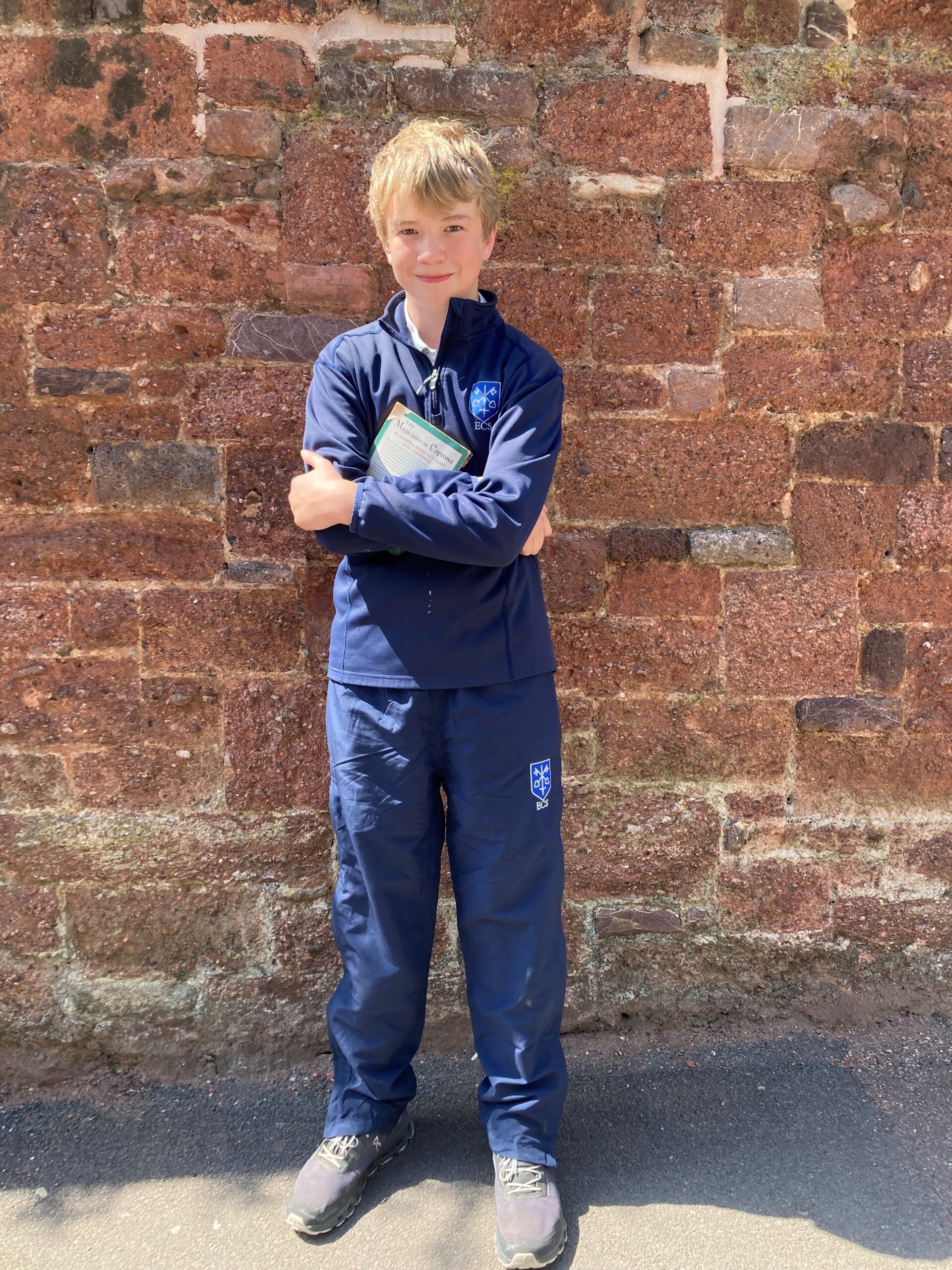Along with many other schools, we have been learning a little more about COP26 over the past two weeks. Discussions about global warming, carbon zero, deforestation, and stewardship at a local level, have been held during our form times, assemblies, and Geography lessons, all with a common theme: ‘what can we do?’
COP26, together with Prince William’s Earthshot Prize, has given us plenty to think about. Some will have heard David Attenborough’s powerful words at the beginning of last week’s summit, while others may have listened to Greta Thunberg’s address and seen her join the school strike in the centre of Glasgow. It was, however, Vinisha Umashankar’s eloquent speech to the world leaders, that really piqued my interest.
[Click here to watch it if you have not already done so]
Vinisha is a 14 year old girl from India who made the news in September when she was selected as a finalist for the Earthshot Prize because of her innovative design of a solar powered ironing cart which could be used to replace the millions of charcoal-powered carts currently in operation. Having been invited to COP26 as a voice that represents young people all over the world she calmly and clearly stated to the delegates that, “We will lead even if you don’t, we will act even if you delay, and we’ll build the future even if you are stuck in the past.” Vinisha’s optimism and can-do approach to the climate crisis is one that I have shared with the pupils that I teach. Her statement of “no time for words; now’s the time for action”, is an important one, and a sentiment that is felt by many at Exeter Cathedral School.
With this in mind, the pupils share my desire for a renewed focus on what it is that we are doing as a school community. The school’s Eco Council met on Wednesday this week to share ideas as to how we might reduce waste, improve our surroundings, and reduce our emissions. I was impressed by the passionate and driven approach of the pupils, and I feel certain that they could have talked for hours! Discussions were held about kitchen waste, food miles, sustainable transport, and renewable energy. Our next step is to work as a whole school to explore what practical changes we can make, both in the short and long term.
A greater emphasis on environmental issues
Another hot topic was the amount of litter that we notice around the school site. We have recently restarted our litter–picking drive, with numerous volunteers helping each week. In addition to this, I am hoping to lead an ECS community beach litter–pick in the new year, using the equipment kindly provided by Surfers Against Sewage.
Thomas Franks, our catering providers, were awarded the school contract partly with their environmental credentials in mind. The Eco Council are still keen to explore what we can do to further reduce both our food miles and kitchen waste. Creating a compost heap on the school site, seems to be a good first step.
In my other role as Head of Geography, I am pleased that the new ISEB Geography curriculum has put a much greater emphasis on environmental issues. This supports what we have already been delivering in the younger year groups. It is a welcome, if not a somewhat overdue, change. Under-pinning action with a clear understanding of the causes and effects of global warming, is essential.
I am intrigued and hopeful about the new environmental Duke of Edinburgh-style award announced last week by our Education Secretary, Nadhim Zahawi, I look forward to hearing more about how we might be able to adopt this once it has been launched.
“Cautiously optimistic”
Like Vinisha Umashankar, I too am cautiously optimistic about the future of our planet. If the drive and determination shown by the pupils at Exeter Cathedral School is shared by those in other parts of the world, I truly believe that solutions will be found, and that urgent action will be taken. As the UN Secretary-General, Antonio Guterres, said to young delegates at the COP26 summit, “We need young people everywhere to keep raising your voices. Your solidarity and demands for action set a powerful example. We need national leaders to follow your example and ensure the ambition and results we need at COP26 and beyond.”
Polly Salter
Year 5 Form Tutor
Games and Geography Teacher













